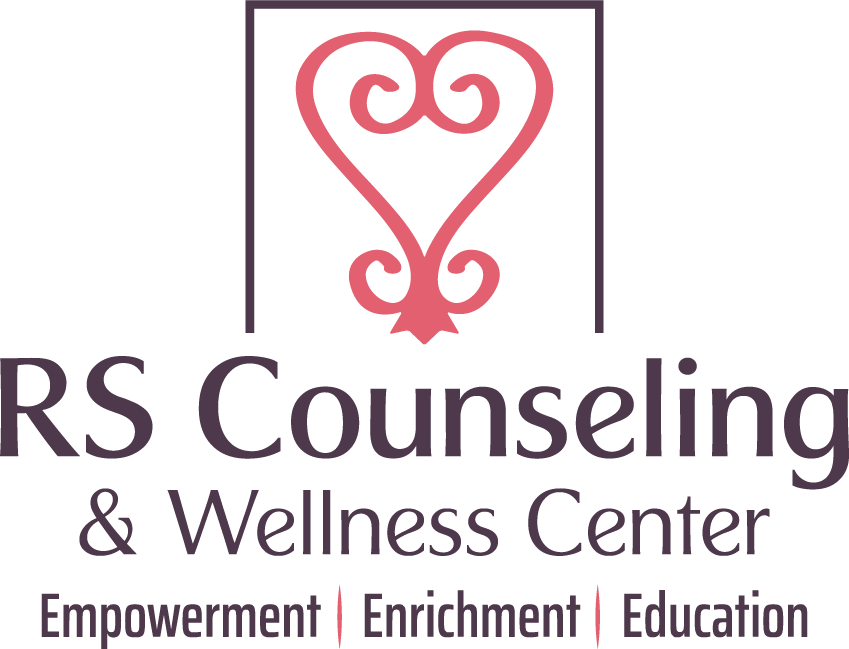Course curriculum
- How to use this course
- Course Description and Learning Objective
- About the Instructor
- Continuing Education (CE) Information
- Course FAQ
- Disclaimer and Course Requirements
- Understanding Racial Trauma: Intro
- Understanding Racial Trauma: About Me
- Understanding Racial Trauma: Learning Objectives & Agenda
- Understanding Racial Trauma: Intro and Overview Racial Trauma
- Black Folk Mental Health Generational Trauma, Traditions & Truth Jelan Agnew TEDxDelthorneWomen
- Understanding Racial Trauma: Video Discussion
- Understanding Racial Trauma: Coping Strategies
- The trauma of systematic racism is killing Black women. A first step toward change..
- Understanding Racial Trauma: Video Discussion
- Understanding Racial Trauma: Coping Strategies and Closing
- Reference
- Evaluation
Course Description
Understanding Racial Trauma
The course "Understanding Racial Trauma" provides a comprehensive exploration of the psychological and emotional distress experienced by individuals as a result of racism and discrimination. Through a combination of theoretical frameworks, research, case studies, and interactive discussions, participants will gain a deeper understanding of the impact of racial trauma on individuals, communities, and society as a whole.
Participants will have opportunities to engage in self-reflection, share personal experiences, and learn from the experiences of others. Assignments and readings will be provided to deepen understanding and facilitate practical application of the course material.
There are no specific prerequisites for this course. It is open to social work professionals, students, and individuals interested in gaining knowledge and skills related to Understanding Racial Trauma.
Course Objectives:
-
To define and explain the concept of racial trauma and its various manifestations in personal, historical, and vicarious contexts.
-
To examine the prevalence and impact of racial trauma on marginalized communities and the intersections of race, gender, and other identities.
-
To explore the psychological, emotional, physical, and behavioral symptoms associated with racial trauma.
-
To analyze the long-term consequences of unaddressed racial trauma on individual well-being and societal dynamics.
-
To identify coping strategies, resilience-building techniques, and community support networks for individuals affected by racial trauma.
-
To foster empathy, understanding, and allyship in addressing racial trauma through inclusive and anti-racist practices.
-
To equip participants with the knowledge and resources to engage in critical conversations and take action to address racial trauma.
Outline:
Introduction and Overview
Types and Manifestations of Racial Trauma
Symptoms and Impact of Racial Trauma
Coping Strategies and Healing
Allyship and Action
Cultivating Inclusive Spaces and Anti-Racist Practices
Resources and Support for Racial Trauma
Conclusion and Integration
Closing and Evaluation
Lead Trainer

Lead Trainer
Sharea Farmer, LCSW
Sharea Farmer is the Founder and Executive Director of RS Counseling & Wellness with over 20 years of experience as a licensed clinical social worker. Her expertise in both clinical and administration has allowed her to work in the private and public sectors as an advocate for employee wellness, Diversity & Inclusion, Race Equity, and Trauma-Informed Practices. Her unique practice that focuses on empowerment and education creates transformative wellness for her clients that range from executive leadership teams to supervisors to staff. RS Wellness has developed employee resilience plans and trauma-informed care programs for state and public health agencies, as well as educational groups, both locally and nationally. Sharea received a BA in Sociology from Rider University and a Master’s of Social Work from Rutgers. She is an adjunct professor at Rutgers where she’s been teaching since 2014. She is on the World Childhood Foundation Advisory Board for a two-year term from 2021-2023. On the board, she’ll have the chance to use the Equity & Inclusion lens to determine program eligibility for funding in the area of preventing sexual exploitation and abuse of children. Sharea lives in New Jersey with her husband. She enjoys all things basketball, live NBA games, traveling, coloring, and spending time with family and friends. Licensed Clinical Social Worker in the States of New Jersey #44SC05650200
Certificates will be awarded after completion of the full Webinar and course evaluation.
Radiant Sunshine, #1403, is approved to offer social work continuing education by the Association of Social Work Boards (ASWB) Approved Continuing Education (ACE) program. Organizations, not individual courses, are approved as ACE providers. State and provincial regulatory boards have the final authority to determine whether an individual course may be accepted for continuing education credit. Radiant Sunshine maintains responsibility for this course. ACE provider approval period: 2/28/23 to 2/28/2026 Social workers completing this course receive 3-Cultural Competency clinical continuing education credits.
Find out whether your state or province accepts ACE approval.
Approved Continuing Education Provider (ACEP):
Radiant Sunshine has been approved by NBCC as an Approved Continuing Education Provider, ACEP No. 7371. Programs that do not qualify for NBCC credit are clearly identified.
Select your state to find continuing education requirements.
Refund Policy: No refund will be given for the purchase of any course or webinar.
We accommodate persons with disabilities. Please email info@rswellness.org for more information if disability accommodations are needed.
For more information contact: info@rswellness.org

